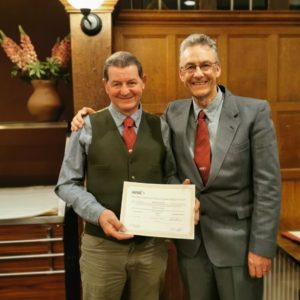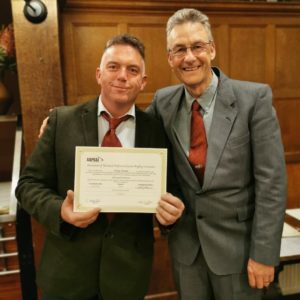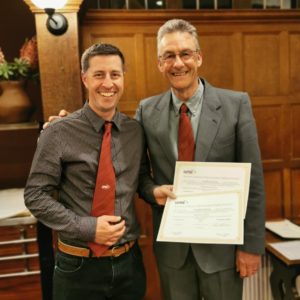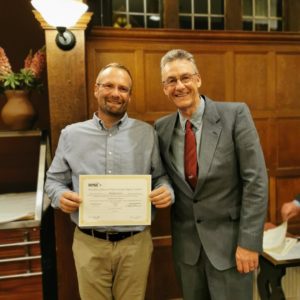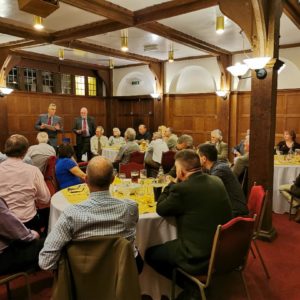Introduction
The Association of Advanced Professional Game Angling Instructors is committed to being the best possible organisation of its kind that we can be. We firmly believe that our technical and instructional abilities must be constantly maintained and improved, with the goal of increasing participation in and enjoyment of game angling through raising proficiency levels and retaining those coming into the sport.
With this in mind, the AAPGAI instructor training, assessment and development programme is designed to provide a professional, robust and stepped pathway for candidates to develop their practical skills and teaching techniques for clients of all ability levels. The programme is three-tiered, with Entry Level, Advanced and Master qualifications available in single-handed casting, double-handed casting and fly dressing disciplines.
AAPGAI also offer an equivalence option to candidates who have already gained an instructor qualification with other like minded organisations, such as APGAI Ireland, GAIA, SGAIC, FFI and EFFA. This offers instructors from these organisations the option to bypass our Entry Level assessment process and apply direct to take either the AAPGAI Advanced, or Masters qualification, dependant upon the qualification they already hold. For further information please Click here to email the AAPGAI Examinations Officer (Graeme Simpson).
